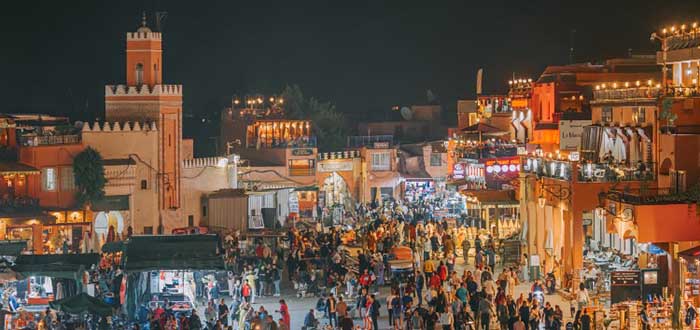EBRD approves new country strategy for Morocco
The Board of Directors of the European Bank for Reconstruction and Development (EBRD) has approved its country strategy for Morocco for the period 2024 to 2029. It focuses on three key priorities identified in cooperation with the Moroccan government:
*support the shift to a more private-sector-led economy by enhancing competitiveness and promoting Morocco’s governance reform agenda
- strengthen social cohesion and reduce regional disparities for more inclusive growth
- accelerate Morocco’s green economy transition through more sustainable energy, water and infrastructure.
Antoine Sallé de Chou, the EBRD’s Head of Morocco, said: “The adoption of the new strategy is a key milestone for the Bank and Morocco. It will guide our investments and policy dialogue over the coming five years to help deliver inclusive and sustainable economic growth in the country.”
The new strategy aims to support Morocco in its shift to a private-investment-led economy induced under its New Development Model. To achieve this, the EBRD will use its financing tools and advisory initiatives to help Moroccan corporates and small and medium-sized enterprises (SMEs) integrate further into global value chains and develop capital markets. It will also promote deeper regional integration and help the country anchor its position as a gateway to Africa. In addition, the Bank will assist the authorities in their comprehensive reform of state-owned enterprises and support the expansion of its promising public-private partnerships programme.
The strategy pays particular attention to ensuring that growth benefits everyone, and particularly improve women and youth economic inclusion, which is still too low. Through its investment and policy programmes, the Bank will seek to improve access to finance and advisory for women and young entrepreneurs, as well as to reduce skills mismatches. It will also seek to reduce regional disparities and support the provision of critical infrastructure services and economic opportunities in the regions affected by the 8 September 2023 earthquake.
Lastly, the new strategy seeks to accelerate Morocco’s green economy transition, building on the country’s positive momentum. Given the increasingly urgent need to manage water resources efficiently, the Bank will look for opportunities to finance and promote water projects that promote conservation, improve water management and address scarcity. Energy transition, a scaling-up of renewable energy and climate adaptation measures are other areas in which Morocco will be encouraged on its path towards carbon neutrality.
During the previous strategy period the Bank deployed €1.6 billion to help realise Morocco’s entrepreneurial potential; invested €730 million in key infrastructure projects; provided €700 million for the sustainability and commercialisation of public services and infrastructure; and invested €100 million to advance capital markets development.
The new country strategy was approved by the Bank’s Board of Directors after a comprehensive consultation period and reflects feedback from shareholders, the Moroccan authorities, the private sector and civil society.
Morocco is a founding member of the EBRD. The Bank began operating there in 2012 and has since invested more than €4.5 billion in 102 projects, of which 76 per cent are in the private sector.


Comments are closed.